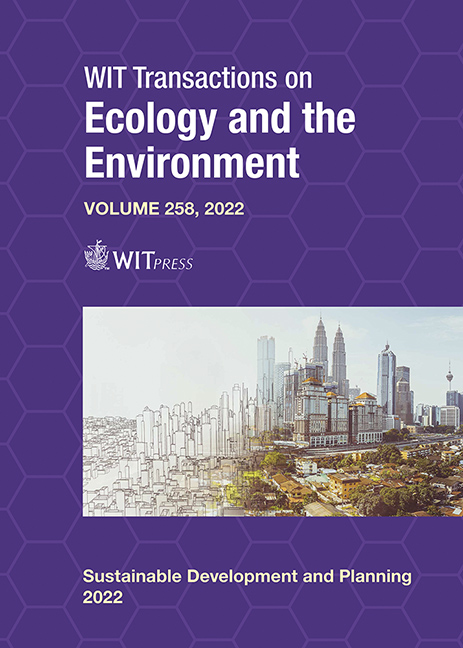CLIMATE CHANGE AND RESILIENT RAIL FREIGHT TRANSPORT
Price
Free (open access)
Transaction
Volume
258
Pages
10
Page Range
79 - 88
Published
2022
Paper DOI
10.2495/SDP220071
Copyright
Author(s)
JAAP M. VLEUGEL, FRANS BAL
Abstract
Rail freight transport is a key economic activity; many businesses and people rely on it. It should be available when needed and efficient in use. There are however factors that may reduce the availability and quality of a rail freight service offering. A distinction can be made between what may be called systemic factors, like congestion, accidents and technical failures, and external factors like weather conditions and natural disasters. Rail infrastructure managers and users of rail services have learned from experience to anticipate or adapt to systemic factors. They are, to some extent, also able to cope with certain weather conditions. A rather different situation occurs when the weather becomes more extreme and less predictable. Water management systems are usually not developed for excess amounts of rain and hence will fail. Terrestrial water can turn into a devastating flood that may (temporarily) incapacitate railway infrastructure. With this (partially) out of service, freight trains have to be rerouted. This may lead to severe delays, additional costs and externalities, in particular more emissions. This paper deals with the question: What are options for governments to make rail freight transport more resilient to disruptions triggered by climate change, while limiting the externalities caused by rerouting? The paper is an extension of earlier research on this topic. Methods used in the research were a case study, the data of which were fed into a simulation model, which was used to estimate route length, fuel consumption and emissions. The main outcome of the study is that there are interesting options to make rail freight transport networks more resilient. In order to reap their benefits, interoperability should be improved considerably.
Keywords
climate change, resilience, transport operations, modelling





